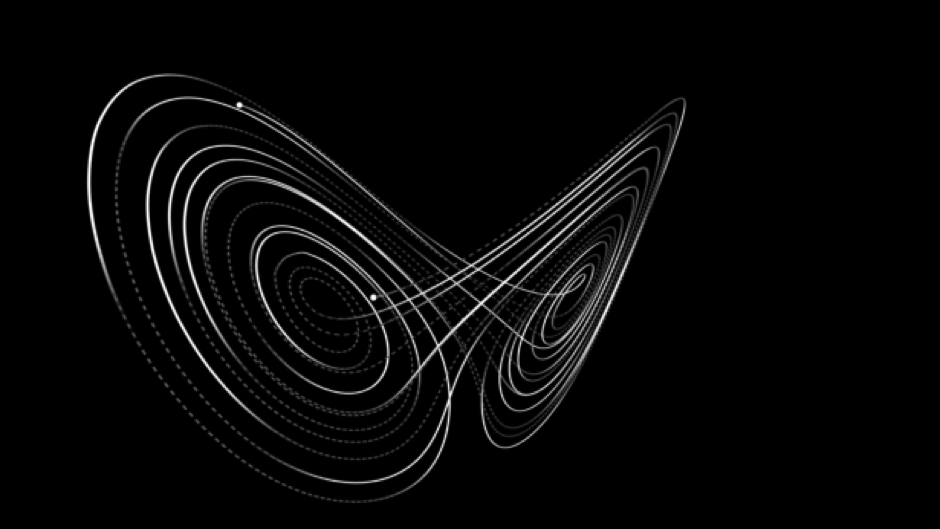Roulette is far and away the only casino game that is seen by the vast majority of hardened punters as the one game where fairly simple maths dictates the outcome. Simple number patterns can be used to predict the outcome and this has been the go-to tactic for Roulette for years.
Fairly recently though, it’s been suggested that a scientific phenomenon called Chaos Theory could assist players to get a greater edge over the house when playing live casino games.
What is Chaos Theory?
To put it fairly simply, Chaos theory is a branch of mathematics that focusses on things that are highly susceptible to small changes that can massively affect the outcome. Like Roulette for example, the wheel can be spun at the exact same speed, the ball can be placed in the exact same place but the result will not always be the same.
How does this help in Roulette?
All casino games that you have encountered have a carefully calculated advantage to the owner, the “house edge” its most often called. In Roulette this is generated from the system of pay-outs from different bets.
When you actually look at the odds for each outcome in roulette, it becomes very clear why it’s not actually one of the easier games to win at, you might think it’s just as easy as picking a number but much more comes in to play.
The odds of betting on the correct number in European Roulette is 37/1, as there are 37 pockets to land your single ball in. The actual pay-out is 35/1 – a substantially lower amount.
For the outside bets like Red/Black and Odd/Even, the pay-out is even money, or 1/1. But a single green zero pocket turns ALL outside bets into losing ones. The actual odds of hitting your bet are a little higher.
Over the long term, the house edge in European Roulette is around 2.7%. In American Roulette, which has two green pockets (0 and 00) it’s around the 5.26% mark.
By making observations about the trajectory of the wheel, whether it has a slight tilt or bias or even friction on the wheel you begin to whittle those above odds down slightly. Some people even go so far as to say that air humidity can even play a part.
To summarise, Chaos Theory can play a big part in situations where there is feedback present, where the subject is in an environment that will not likely change from what you have observed and it will continue to work in the same way. Think of it as ensuring you know every detail possible about the game before you play it.
The only real problem with using Chaos Theory for Roulette is that you would have to do years of research and in that time the wheel is likely to wear out, or be replaced… and by that time it will have all been done in vein as the mechanics will have changed. Oh well, it was a nice idea while it lasted.
